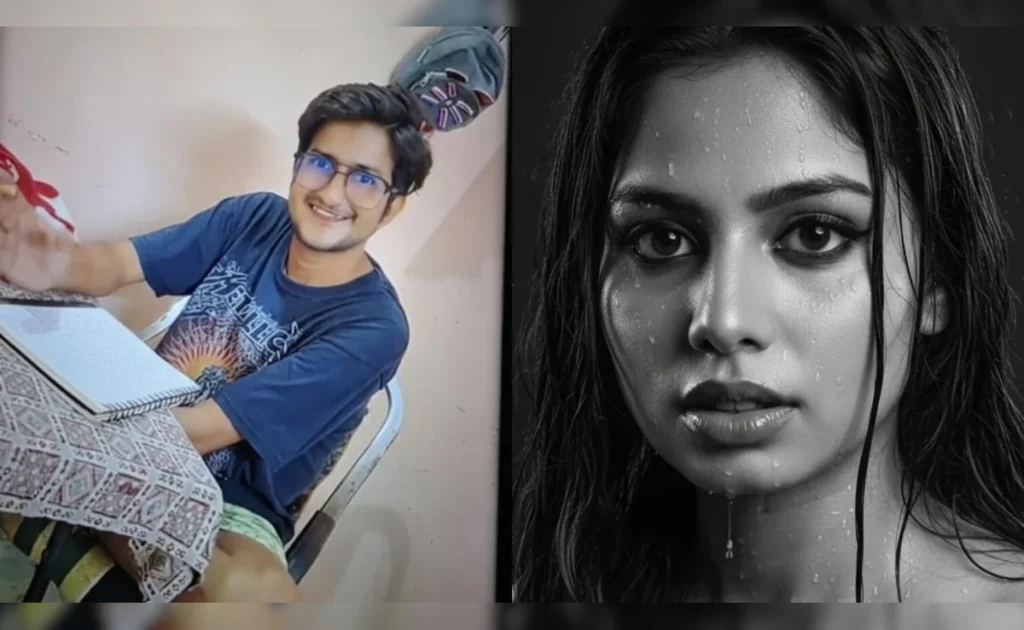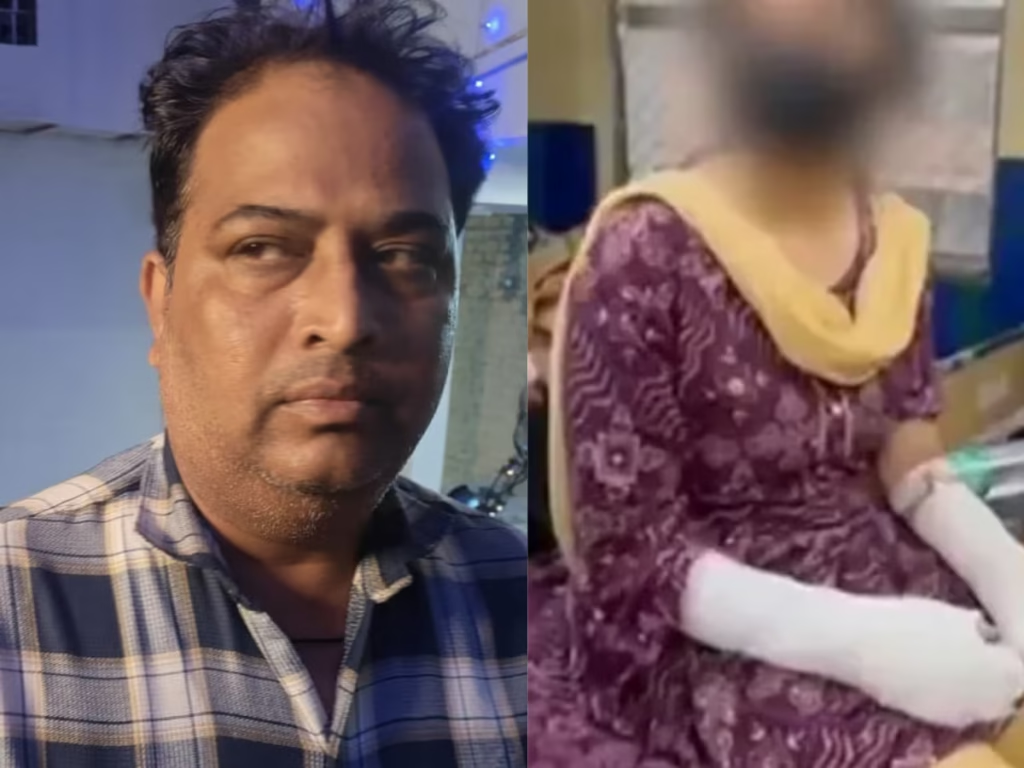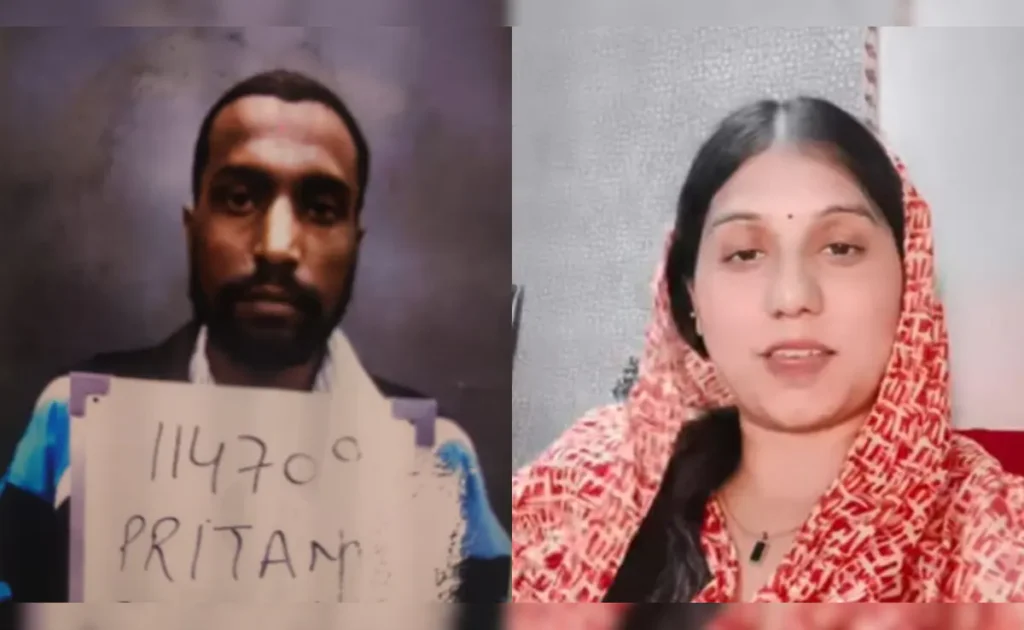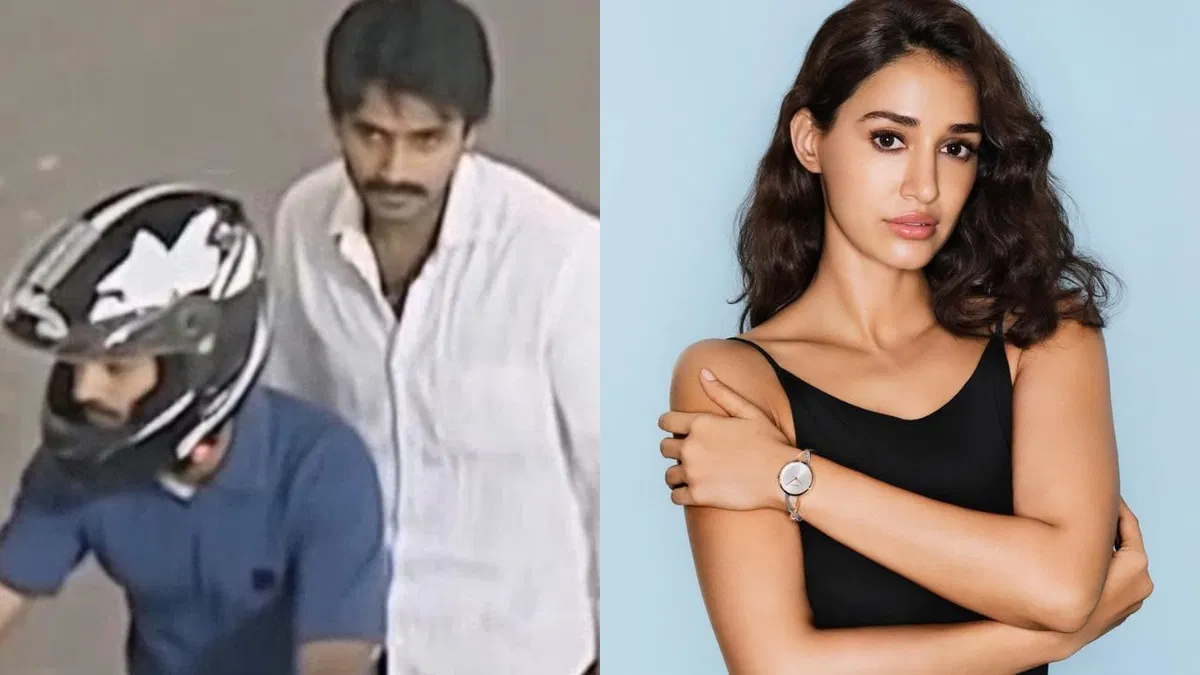Now Reading: Supreme Court Cancels Chhota Rajan’s Bail, Questions Suspension of His Sentence
-
01
Supreme Court Cancels Chhota Rajan’s Bail, Questions Suspension of His Sentence
Supreme Court Cancels Chhota Rajan’s Bail, Questions Suspension of His Sentence
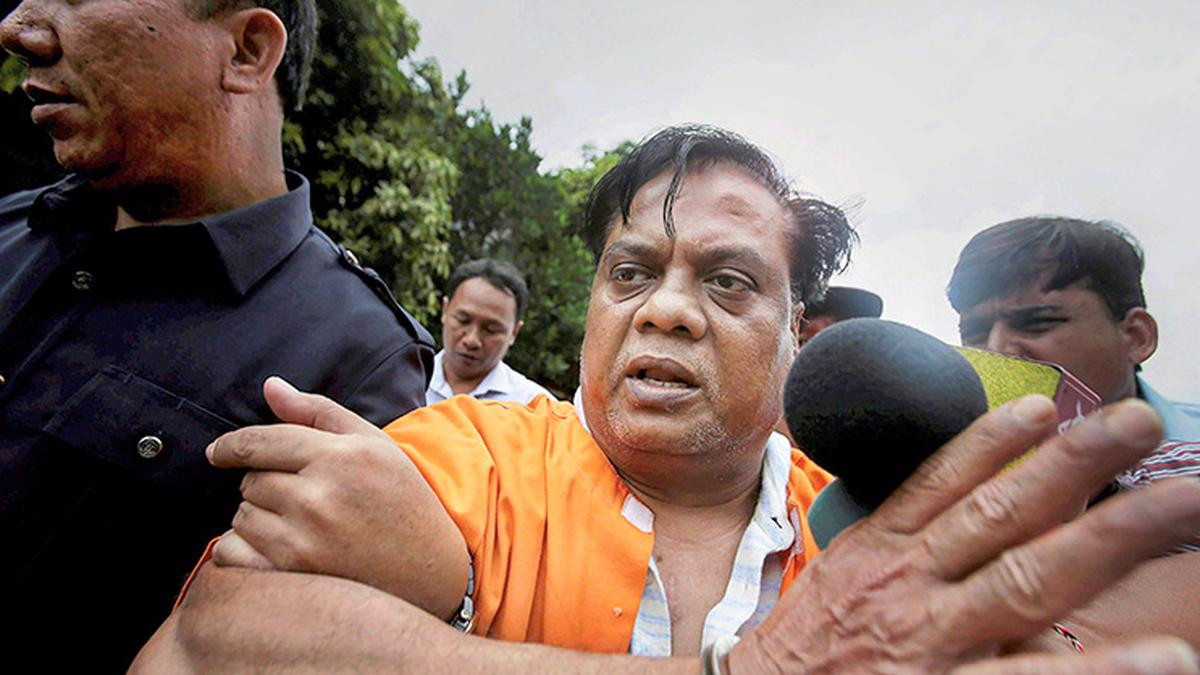
The Supreme Court has cancelled the bail granted to gangster Chhota Rajan and questioned why his sentence had been suspended in the first place. Rajan, who has been convicted in multiple cases ranging from extortion to organized crime, was earlier given bail on health grounds. The apex court has now made it clear that serious offenders cannot be allowed to bypass punishment through lenient interpretations of the law.
The bench noted that Rajan’s bail raised larger concerns about consistency in the criminal justice system. While lower courts had allowed him temporary relief citing poor health, the Supreme Court stressed that such decisions must be carefully examined, especially in cases involving hardened criminals.
Chhota Rajan, once a close aide of Dawood Ibrahim before their split, has a long history of criminal activities across India and abroad. His arrest in 2015 in Indonesia and subsequent extradition to India was seen as a major breakthrough in tackling underworld networks. Since then, he has been convicted in several cases and sentenced to life in prison.
For residents in Tier-2 cities, where stories of underworld influence often dominate public imagination, the ruling signals a clear message: the law must stand firm against those with deep criminal networks. Many of these cities, once considered hubs for gang activity, have long struggled with the shadow of organized crime. The judgment reassures people that influence or notoriety cannot override accountability.
The Supreme Court’s intervention underlines the need for stricter scrutiny when courts deal with bail for convicts involved in serious crimes. It also reflects the judiciary’s role in maintaining public confidence in justice. By reversing the bail order, the court has reinforced that health concerns cannot be a blanket excuse to avoid serving sentences.
As the case moves forward, the decision marks an important reminder that even the most feared names in India’s criminal history are not beyond the reach of the law. For ordinary citizens, it reaffirms the principle that justice, though delayed at times, is still determined to prevail.








